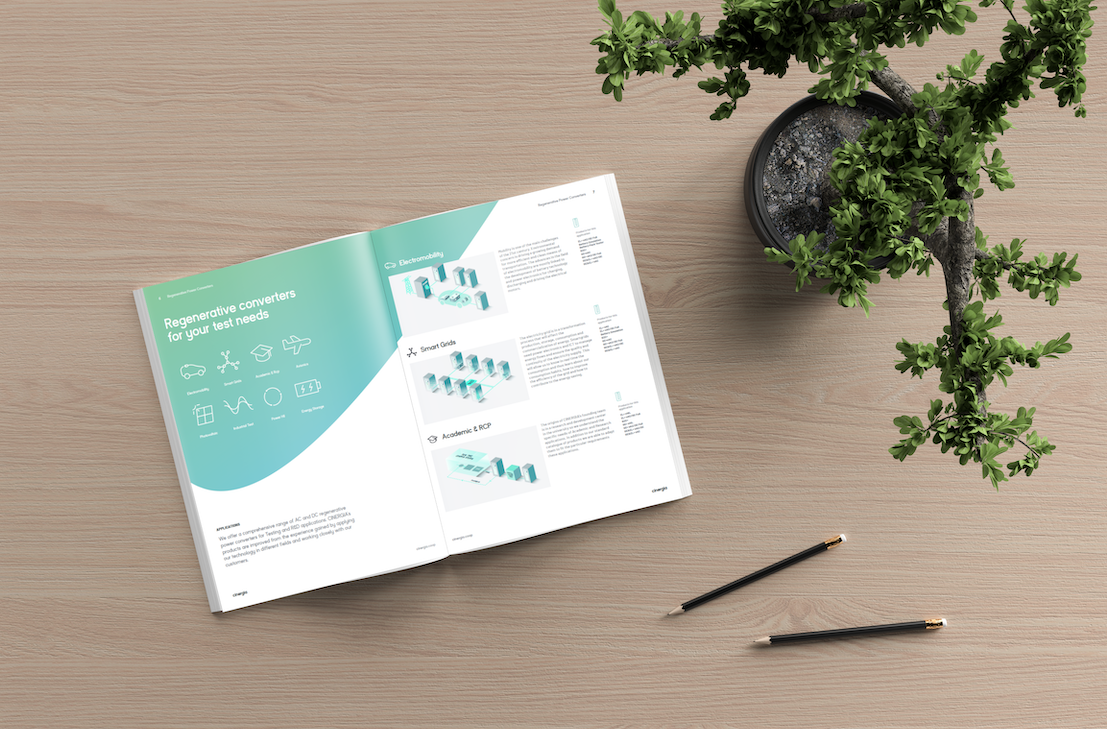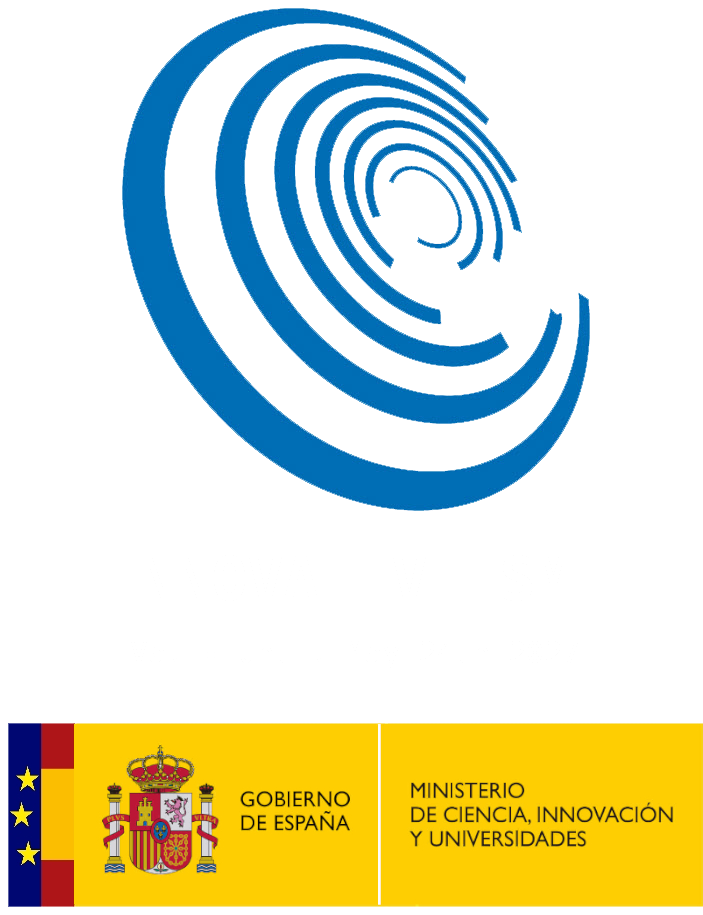news
The future of Smart Grids
We review the current market situation and then gather different opinions to understand the next steps that the sector should take

In this article we first review the current market situation and then gather different opinions from conferences, reports and experts to understand the next steps that the Smart Grid sector should take.
The electricity grid is in a transformation process that will affect the production, storage, consumption and commercialization of energy. Smart grids need power electronics and ICT to manage energy flows and ensure the quality and continuity of the electricity supply. This allows us to know the consumption in real time and learn about our consumption habits, how to improve the efficiency of the grid and how to contribute to energy saving.
What challenges will the future electricity grid face?
One of the main conclusions of the VI Smart Grids Congress, which took place last December in Madrid, is that Smart Grids will play a fundamental role in the energy transition and in the development of a more efficient and sustainable society.
To achieve this “Smart Grids will need more and more the application of the artificial intelligence to continue fulfilling its role as a cornerstone in the energy transformation”, said Francisco Barceló, vice-president of FutuRed.
Furthermore, this energy transformation, in which Smart Grids will play a key role, must also bet on flexibility.
The European Commission is also committed to flexible markets, which are essential in this energy transition. Networks, smart homes and meters, self-generation and storage equipment, allow citizens to take ownership of the energy transformation and use new technologies to reduce their bills and actively participate in the market.
Another main conclusion that emerged from the Smart Grids Congress, and which we would like to highlight, is that, a market of flexibility is feasible, but only with a stable regulatory framework, with new technologies and services adapted to the new rules of the game to ensure the full integration of the consumer.
Changing consumer roles
In this new energy paradigm, the consumer takes strength and goes from having a passive role to acquiring an active role, so all of us will become key players in the electricity system.
According to Pedro Basagoiti, from OMIE, incentives must be given to consumers and they must be encouraged to participate in the market, so that both producers and consumers agree, because only in this way will we achieve a real flexible market.
Francisco Espinosa, from ACE, also commented that flexibility is feasible as long as the consumer/aggregator has an economic response to their production. “The active consumer wants to be valued as an agent of the energy system by contributing with their flexibility and participating in projects that demonstrate technological developments”.
We see that the trend is moving towards greater consumer participation in the energy market. Martina Tomé, from Schneider Electric, highlighted during the Smart Grids Congress that “customers are beginning to demand new services possibly because they want to be more efficient, reduce their carbon footprint or because they want to be self-sufficient, store their energy or sell it”.
The Nordic countries as an example
The Nordic market is doing the job on time and has benefited from a very stable and profitable regulatory environment with a cautious introduction of the new rules, according to a report by EATON and REA.
These countries have enjoyed multiple and transparent market mechanisms with different time horizons in which all energy futures, physical products and ancillary services are openly traded or contracted, the report says. This ensures market access and facilitates data collection, which contributes to the credibility of revenue projections.
“We would like to see this model replicated elsewhere, and ideally go further to encourage a market of flexibility with standard products, durations and futures,” the authors say.
Committed to the electricity grid transformation
At CINERGIA we are committed to the electricity grid transformation process, offering a range of products that will allow you to emulate the grid of the future and to carry out tests on the different elements that will be part of it.
Weitere Artikel
news
Evaluate the performance of a battery
We have developed a module in battery testing to create a flexible and intuitive sequence of battery cycles
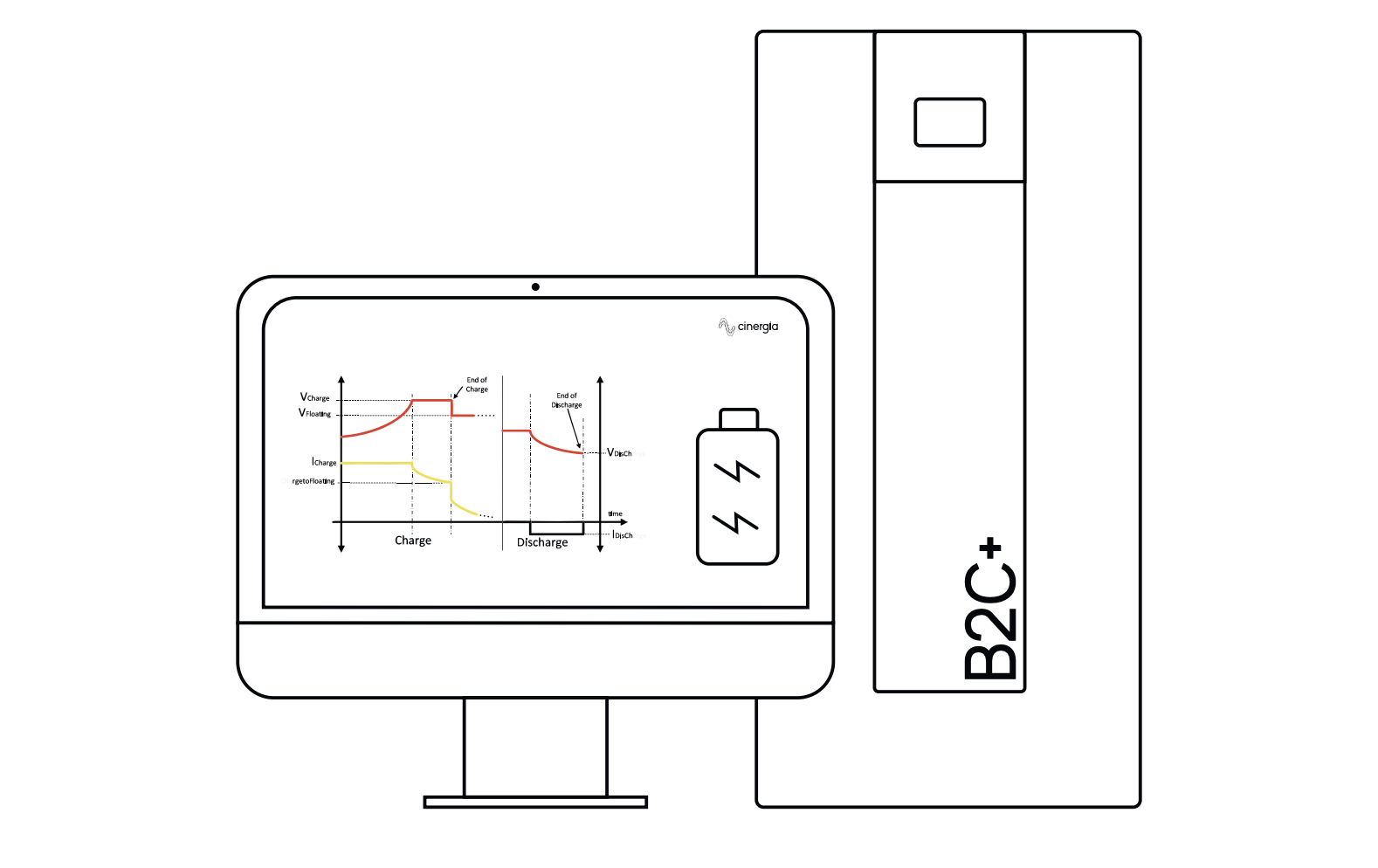
news
Comemso and CINERGIA, offering high quality test solutions for your needs
Discover the solutions that we can offer together in electromobility applications
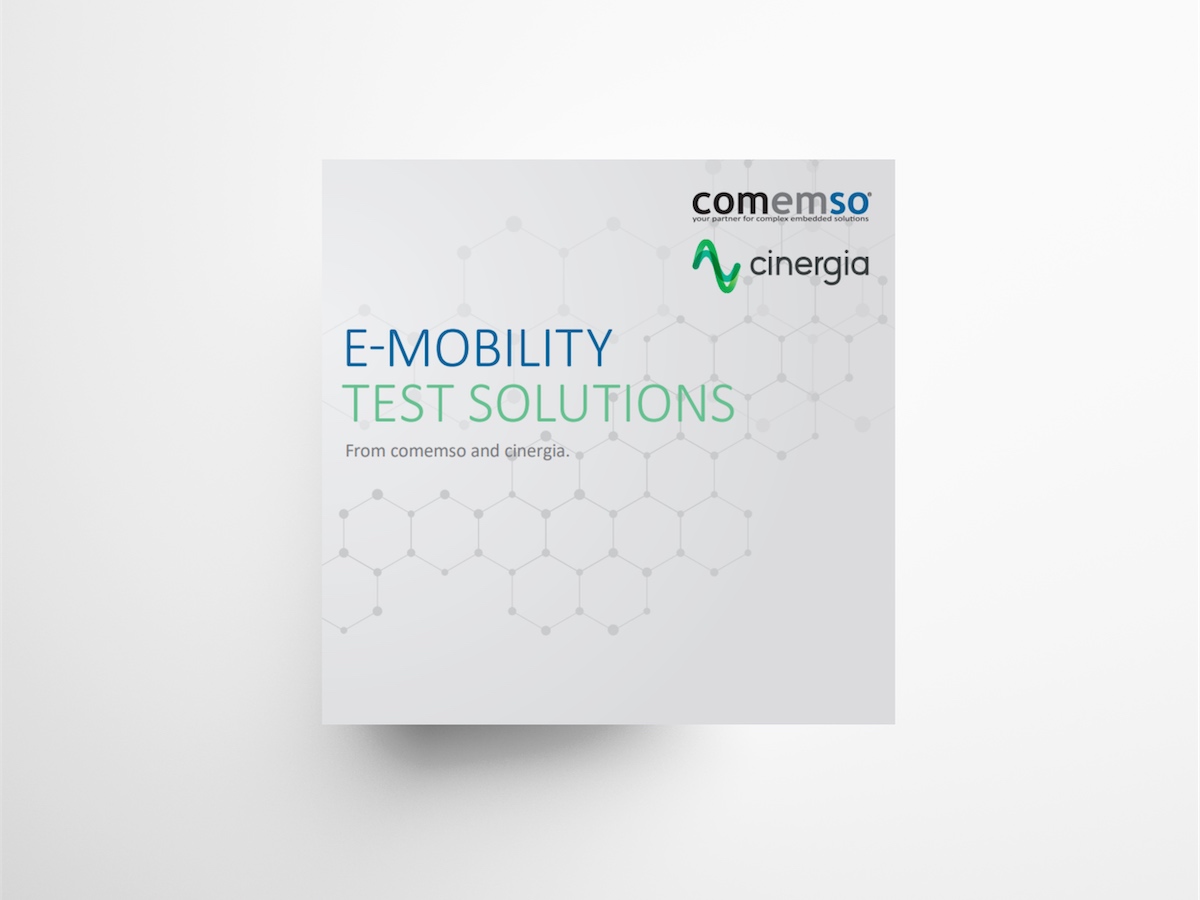
news
CINERGIA will participate in the virtual RT20’s congress
The congress will focus on the role of real-time simulation in the design and validation of electrical, power electronics and mechanical systems
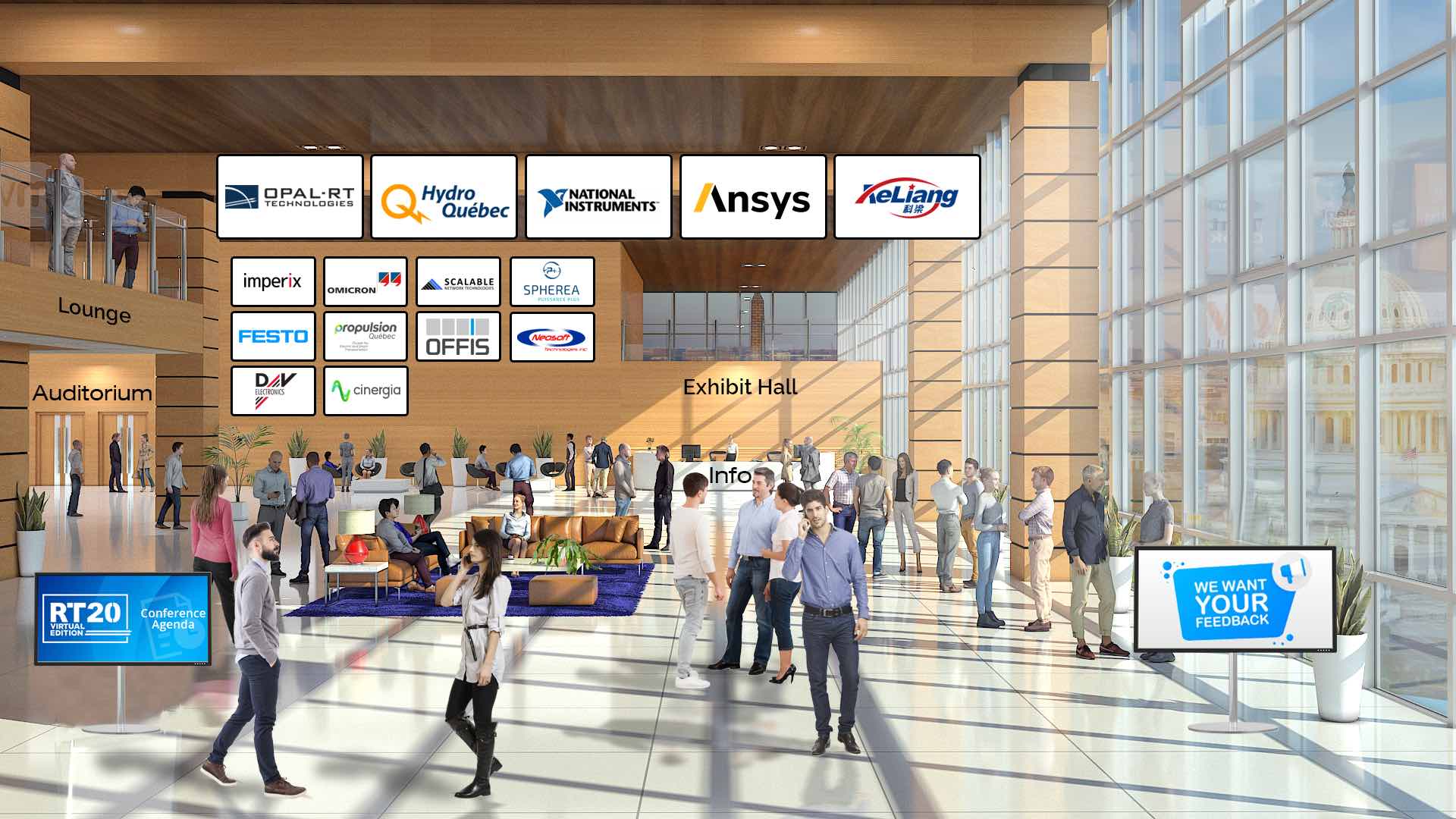
news
We are very happy to present our new product catalogue
Discover our renewed catalogue, where we have updated each of the products to the new ePlus control platform
